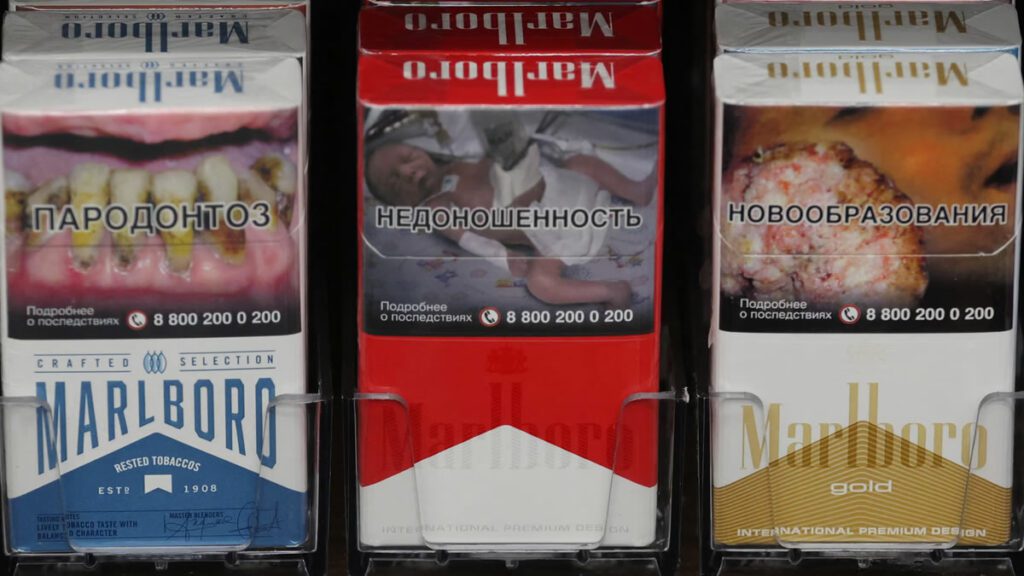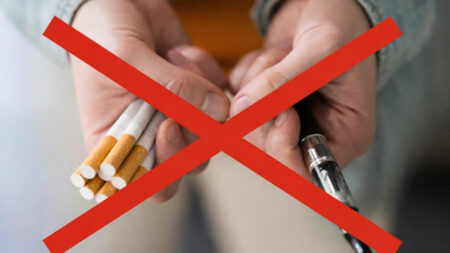As of 2025, Russia has implemented stringent new rules governing the sale of devices used for consuming nicotine-containing products. The new legislation, Federal Law No. 178-FZ, which was passed on April 28, 2023, imposes significant restrictions on the sale of electronic cigarettes, vapes, and other devices designed for inhaling nicotine or nicotine-free aerosol.
Under the new regulations, these devices can only be sold in stationary stores and pavilions, with sales via the internet, at fairs, or through vending machines now completely prohibited. The law places a strong emphasis on protecting minors, with fines for selling cigarettes or vapes to adolescents set to increase dramatically from 2025 onwards.
Officials caught selling these products to minors will face fines ranging from 500,000 to 700,000 rubles, while companies will be subject to penalties of 1.5 to 2 million rubles. These figures represent a significant increase from the current fines, which range from 150,000 to 300,000 rubles for officials and 400,000 to 600,000 rubles for organizations.
The new law also introduces harsher penalties for non-compliance with restrictions on the retail trade of tobacco products. For example, officials and individual entrepreneurs caught selling cigarettes online will face fines of 30,000 to 50,000 rubles (up from 5,000 to 10,000 rubles), while organizations will be fined 90,000 to 120,000 rubles (up from 30,000 to 50,000 rubles). Repeat offenders will face even higher penalties.
Professor Natalia Lytneva, an expert from the Department of Management and Personnel Management at the Central Russian Institute of Management, a branch of RANEPA, stated that the new measures aim to regulate the sale of tobacco products and protect the health of younger generations. "It is unacceptable when minors are sold alcohol, cigarettes, vapes, and other prohibited goods. This undermines the health of the nation," she emphasized.
The new laws and increased fines are part of the Russian government's ongoing efforts to reduce nicotine consumption among the population, particularly among young people, by making the sale of tobacco products more controlled and limiting access for minors.

Vape Content Creator | Flavor Reviewer | Lifestyle & Vape Culture Editor
Emily Carter is a vape-focused content creator specializing in flavor reviews, device aesthetics, and lifestyle-oriented vaping content. With hands-on experience testing disposable vapes and pod systems, Emily delivers clear, visually driven insights designed for adult consumers.








